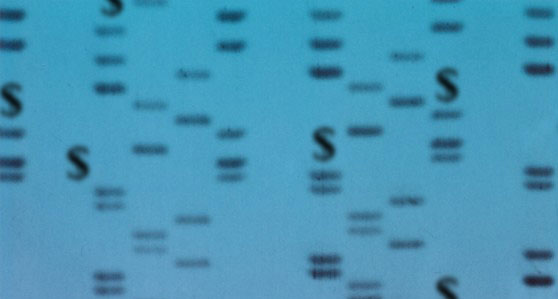
Did you know that about 20 percent of your body isn't really yours? It has been patented by some corporation you probably never heard of. You can't patent gold, you can't patent gravity or the speed of light. And yet, 20 percent of the human genome has indeed been patented, in what critics argue is a slippage of the patent and copyright system. Times are changing, however.
Genome patents began about 30 years in the U.S. (following an important 1980 ruling), and have been ongoing in other nations, as well. In a recent ruling though, a US federal judge has overturned the patents on two genes linked to breast and ovarian cancer on the grounds that they are not man-made, but products of nature.
The BRCA1 and 2 genes were patented by the company Myriad Genetics, that charged women more than $3000 to test for genetic mutations. The American Civil Liberties Union and individual breast cancer patients took the case to the federal court. They argued that the patent stifled medical research. The ruling could have implications for another 2000 human genes which are currently under patent.
The ruling is a huge step forward for encouraging more real research into genetic testing, rather than locking up important information. Yet we do anticipate some future troubles in response to the statement that you cannot patent something natural. If the discussion on 'what can and can't be patented' comes to the question 'what is natural and what isn't?', we can expect some fierce debates on what it exactly means to be natural – especially as we are living in a time in which things that the made and the born are fusing and our notions of nature and culture are shifting accordingly.
Obviously, within the NextNature.net quarters we are eager and prepared to have this discussion. In the end it might well turn out that one can patent bananas, carrots, hurricanes, global warming and engineered microbes, but not computer viruses, financial systems and razor species. Perhaps a way out would be to turn the definition around and say: Nature is that which can not be patented?


Comments (0)
Share your thoughts and join the technology debate!
No comments yet
Be the first to share your thoughts!